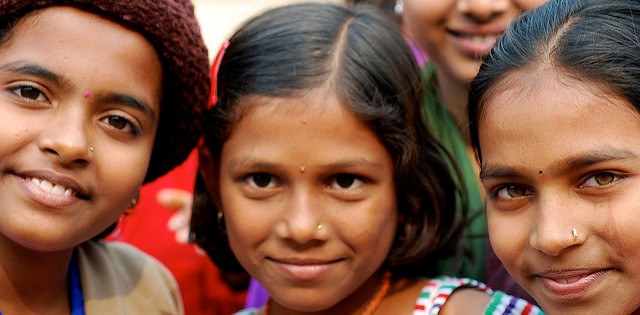In order to make our conference a truly democratic and inclusive event, we have started an exciting crowdfunding-campaign. It will run for 55 days and ends shortly before the conference.
Our goal is to enable as many people as possible to participate in the conference and to contribute to a change towards a society beyond the imperative of economic growth. In order to achieve this, however, we have to offer quality child care at the conference, video-streaming of the main events on our website and solidary funding of travel expenses. For these three purposes we will need 15.000 Euros to be raised through the crowdfunding campaign.
As a thank you for the support there will be interesting presents such as hand-signed books written by members of our advisory board, canvas bags with degrowth-logo and an invitation to a degrowth-lunch in Leipzig.
Please support us, not necessarily with financial contributions, but also through sharing this crowdfunding campaign via your own networks. We hope that you will enjoy our little film. If you have questions or suggestions, please contact us at crowdfunding@degrowth.de
Last month a group of academics working in the fields of development and environmental sciences in the Netherlands wrote a manifesto for post-corona recovery based on degrowth principles. This initiative gained widespread attention, pushing the degrowth agenda into (Dutch) mainstream consciousness and the traditional corridors of power. The initiative was born in conversations that various a...

In recent years, the debate around universal basic income has gained much popularity and coverage. The many successful models of basic income, both universal and targeted such as Alaska, Iran and Brazil (Bolsa ) along with an active movement in many European countries to adopt pilot experiments, made researchers and social workers in India enthusiastic to try out similar studies in the country ...
Leben im Bauwagen [Life in a Bauwagen (construction trailer)] from Marc Menningmann on Vimeo. During the Degrowth Conference in Leipzig in 2014 the photographer Niko Baumgarten opened his Bauwagen for passers-by. Anyone interested was invited to get some impressions and to look at his picture series "Welcome Home", which deals with alternative ways of housing.